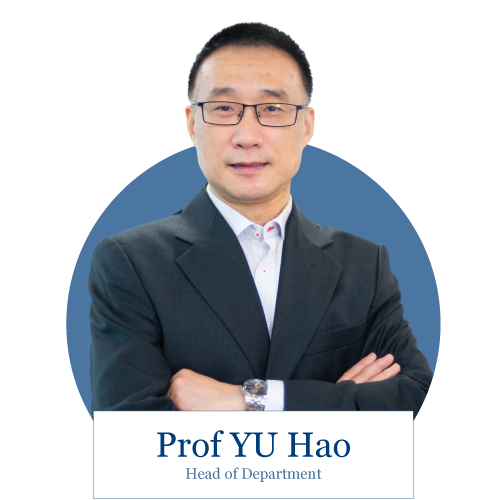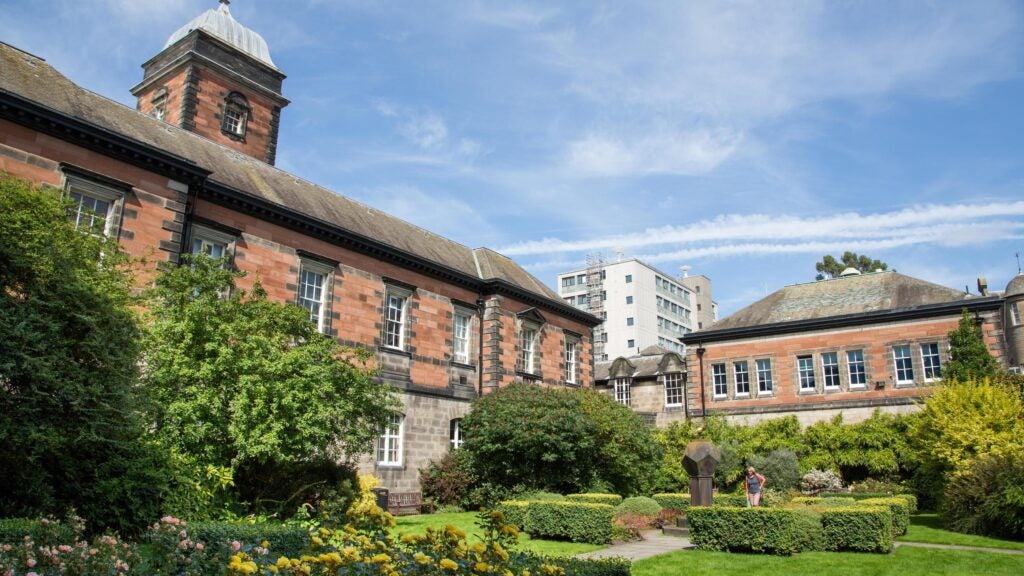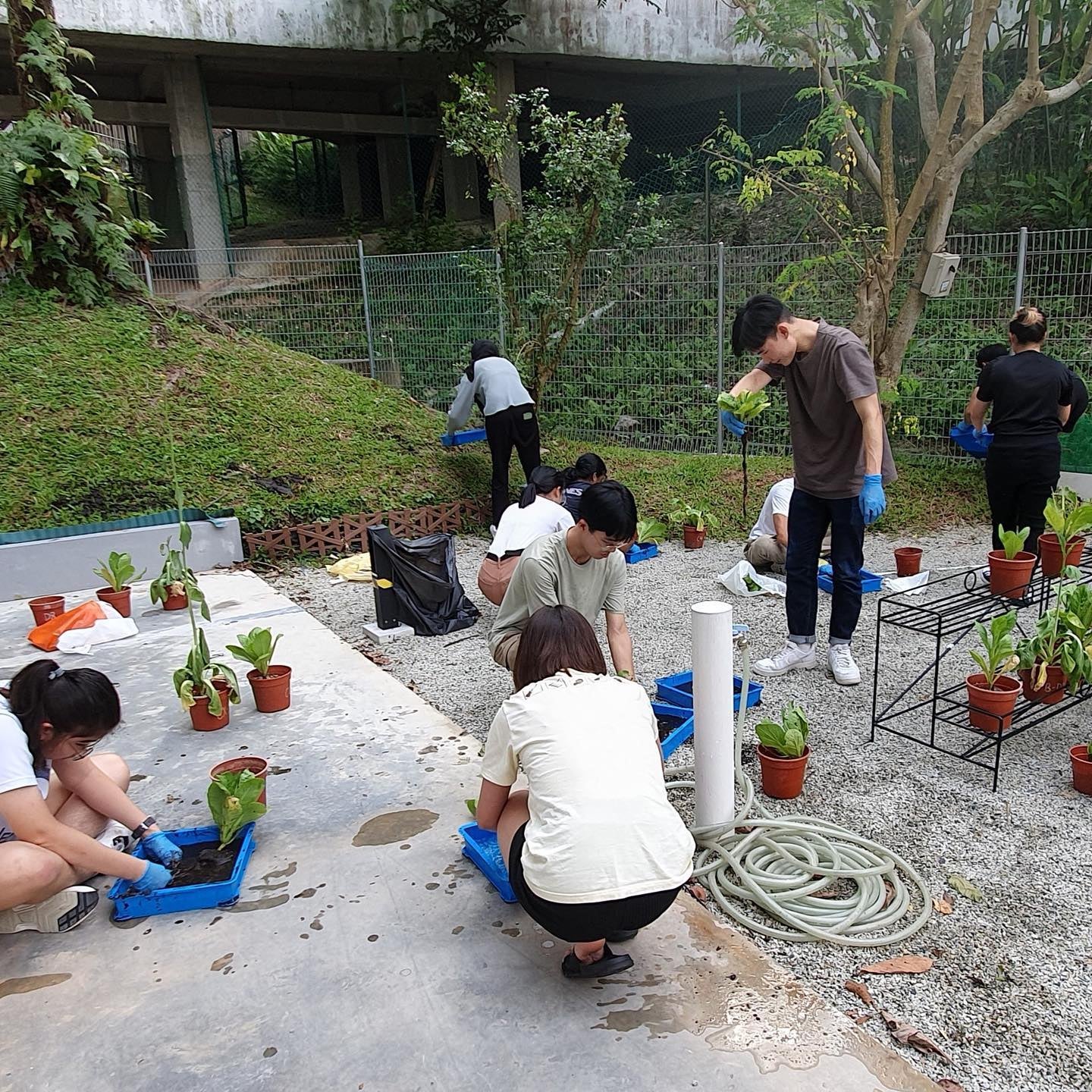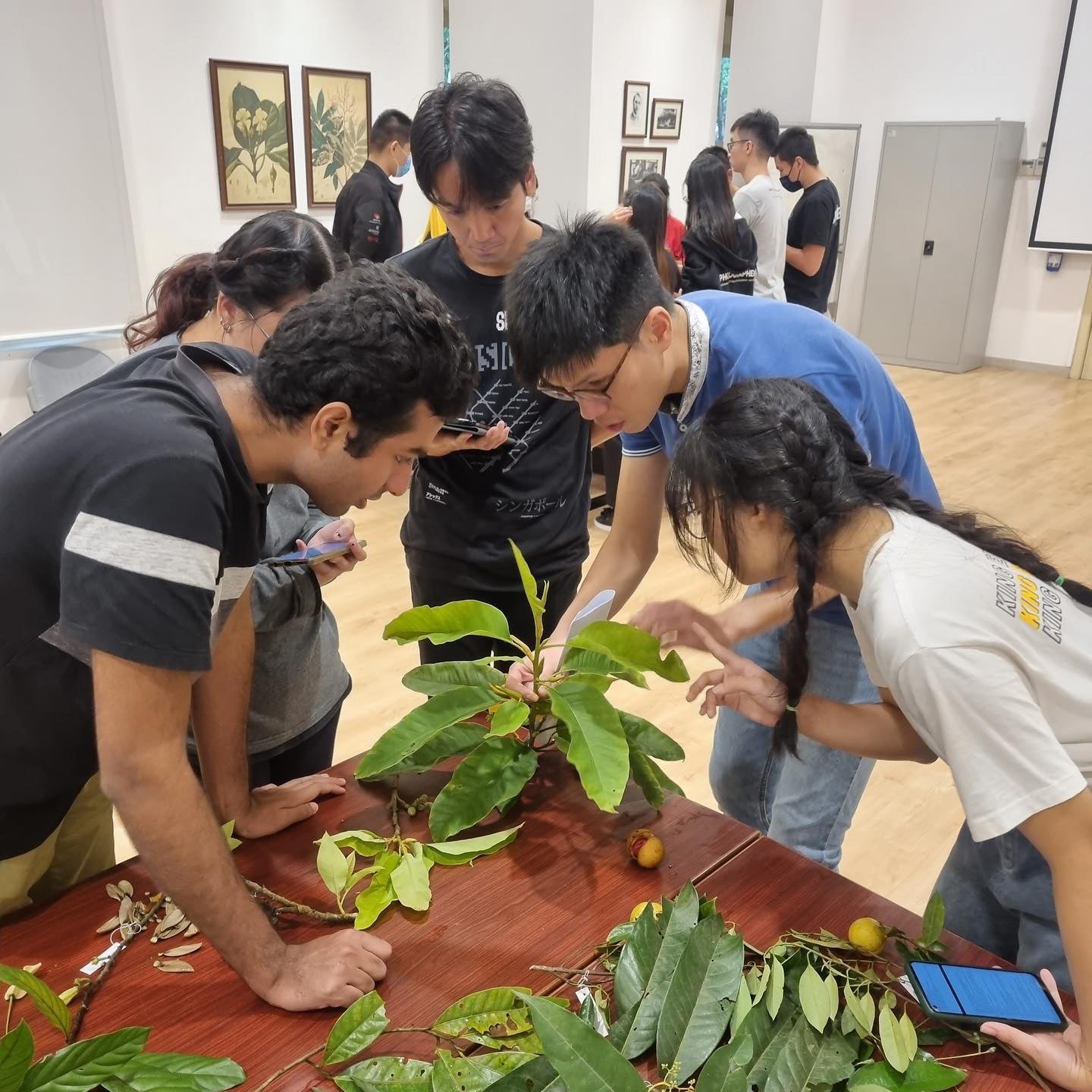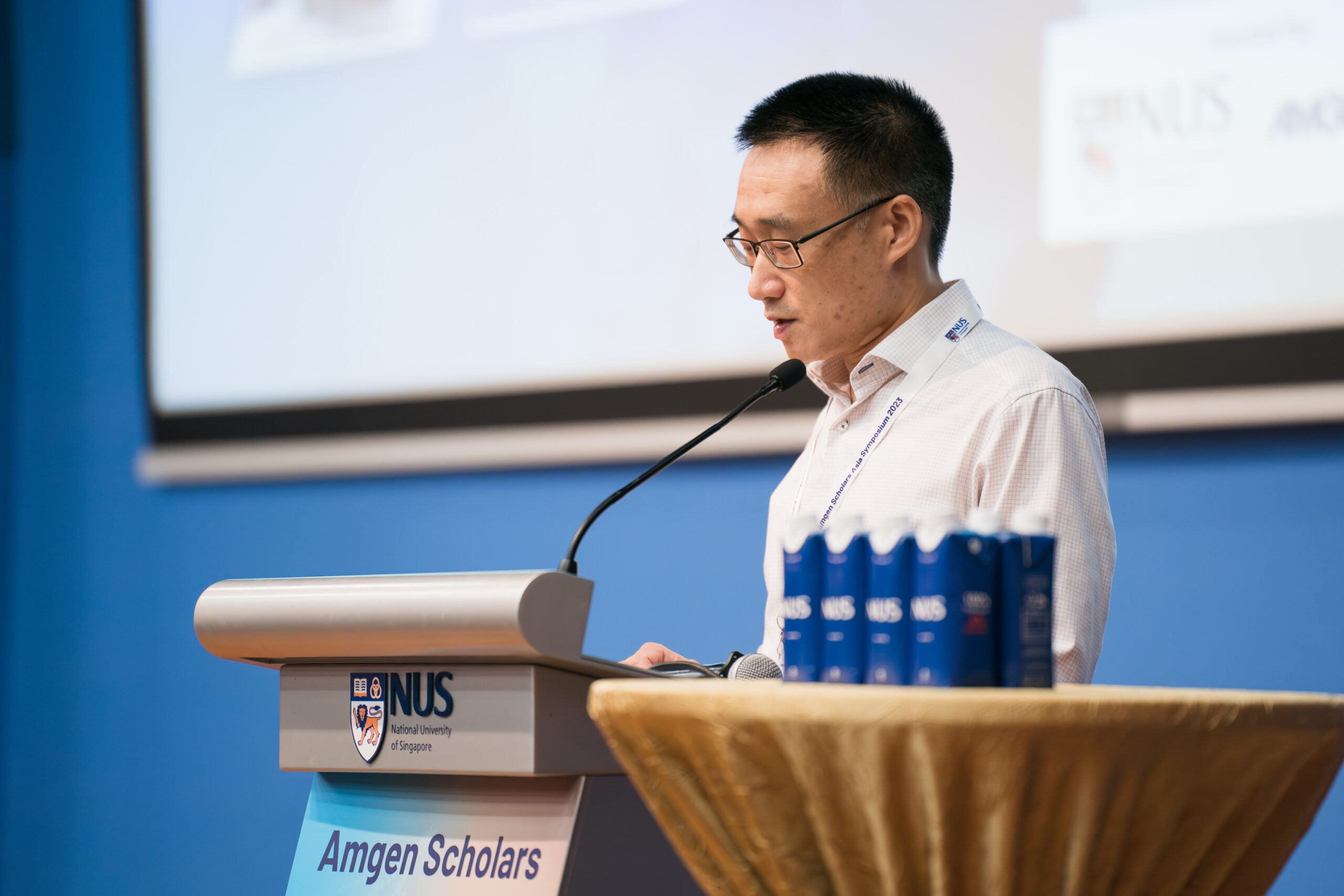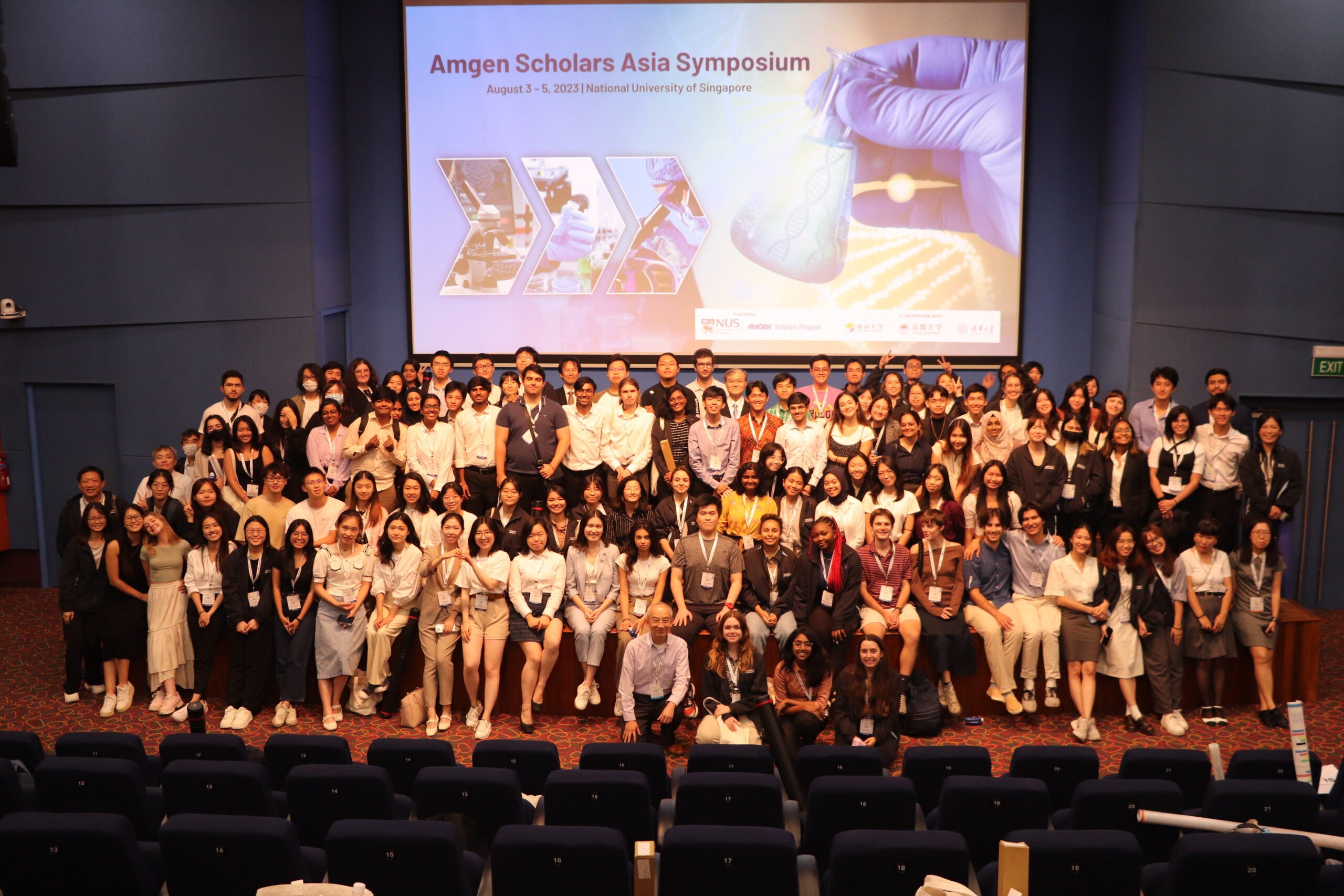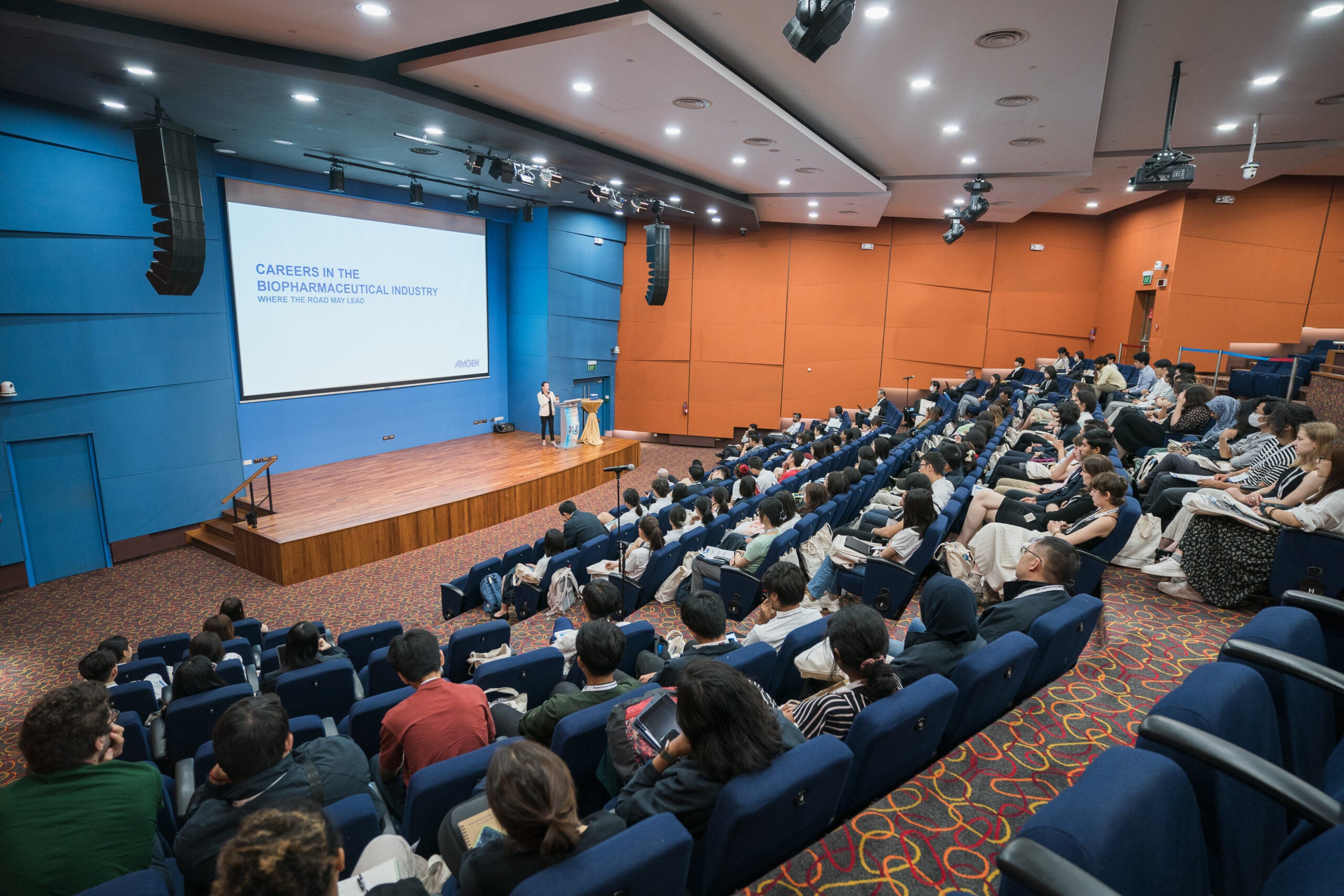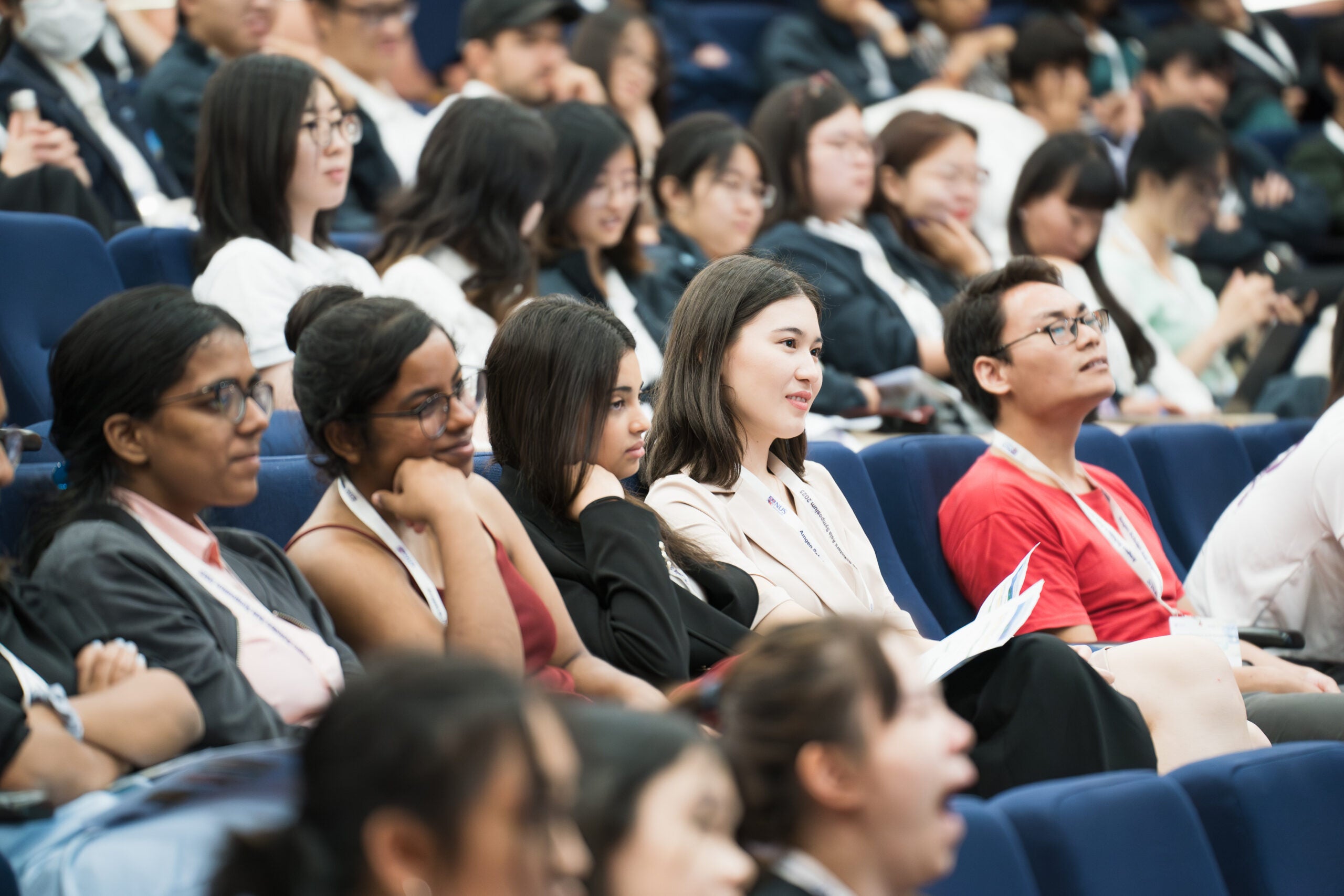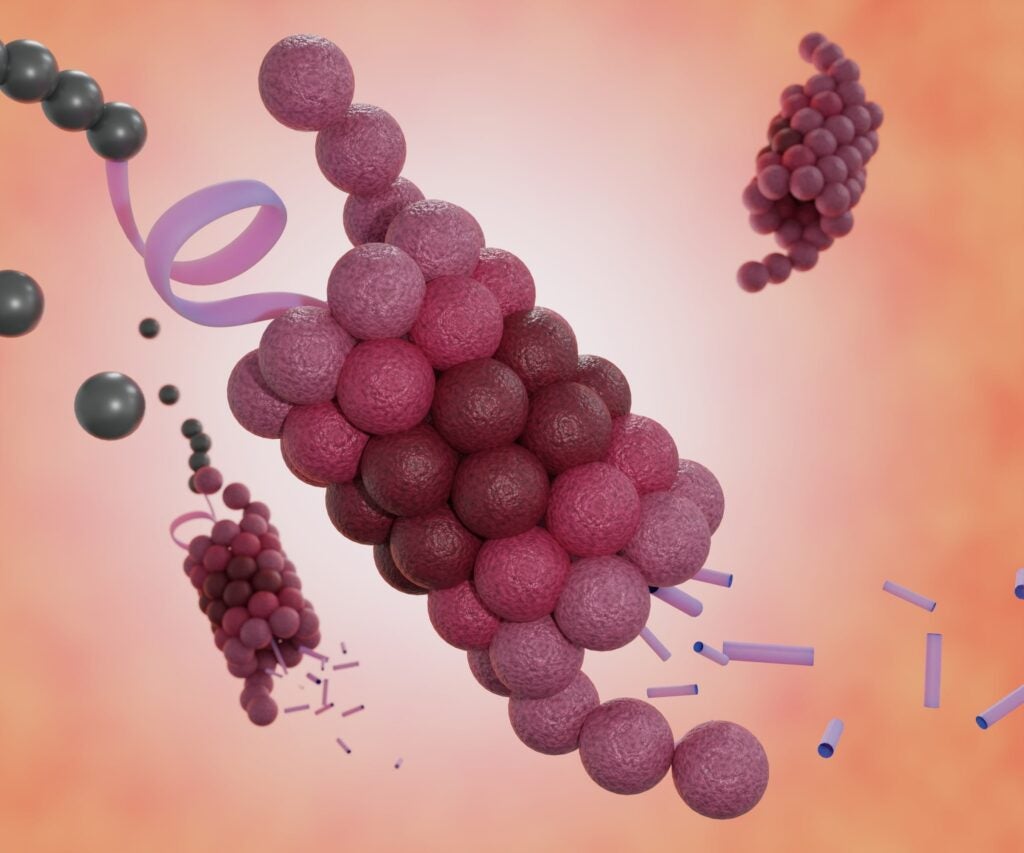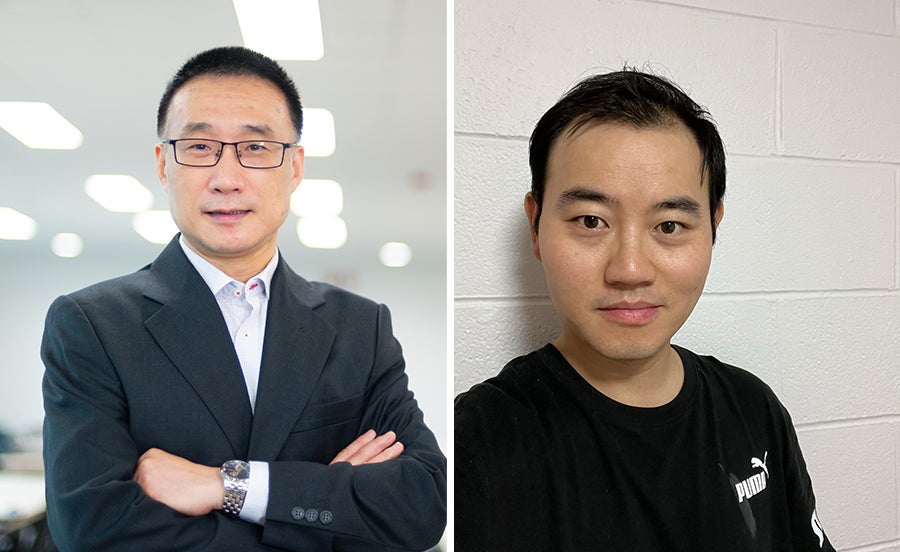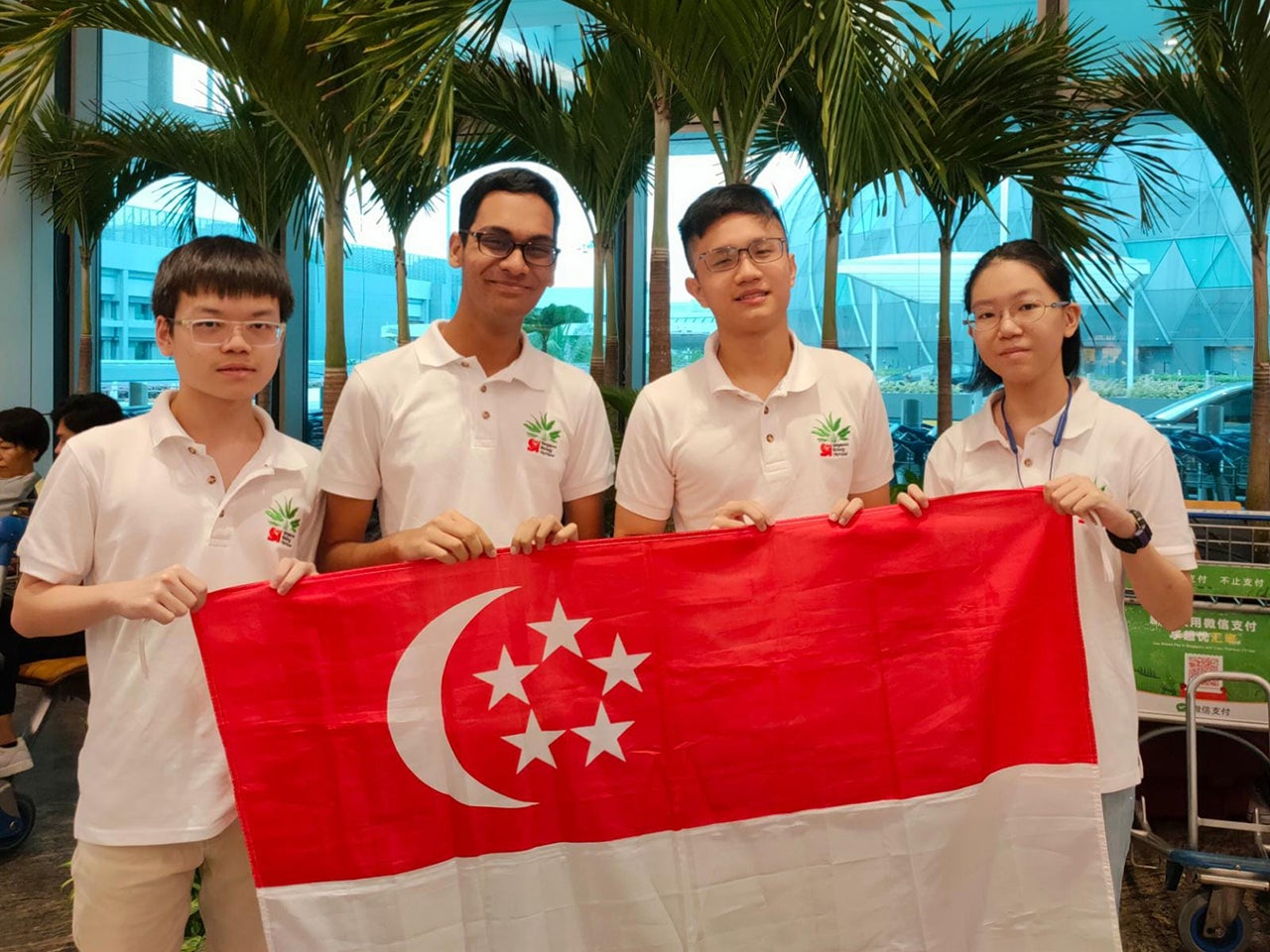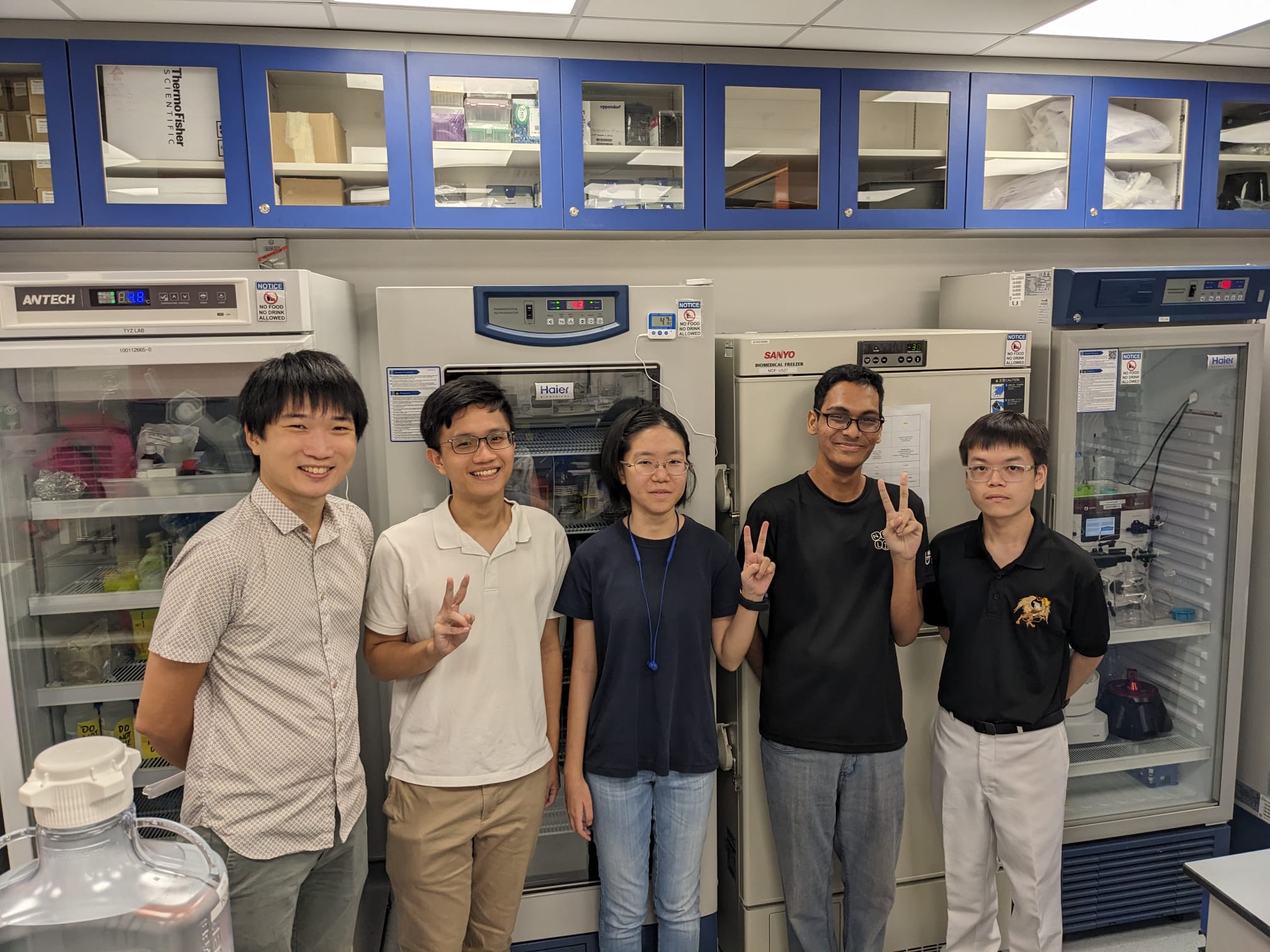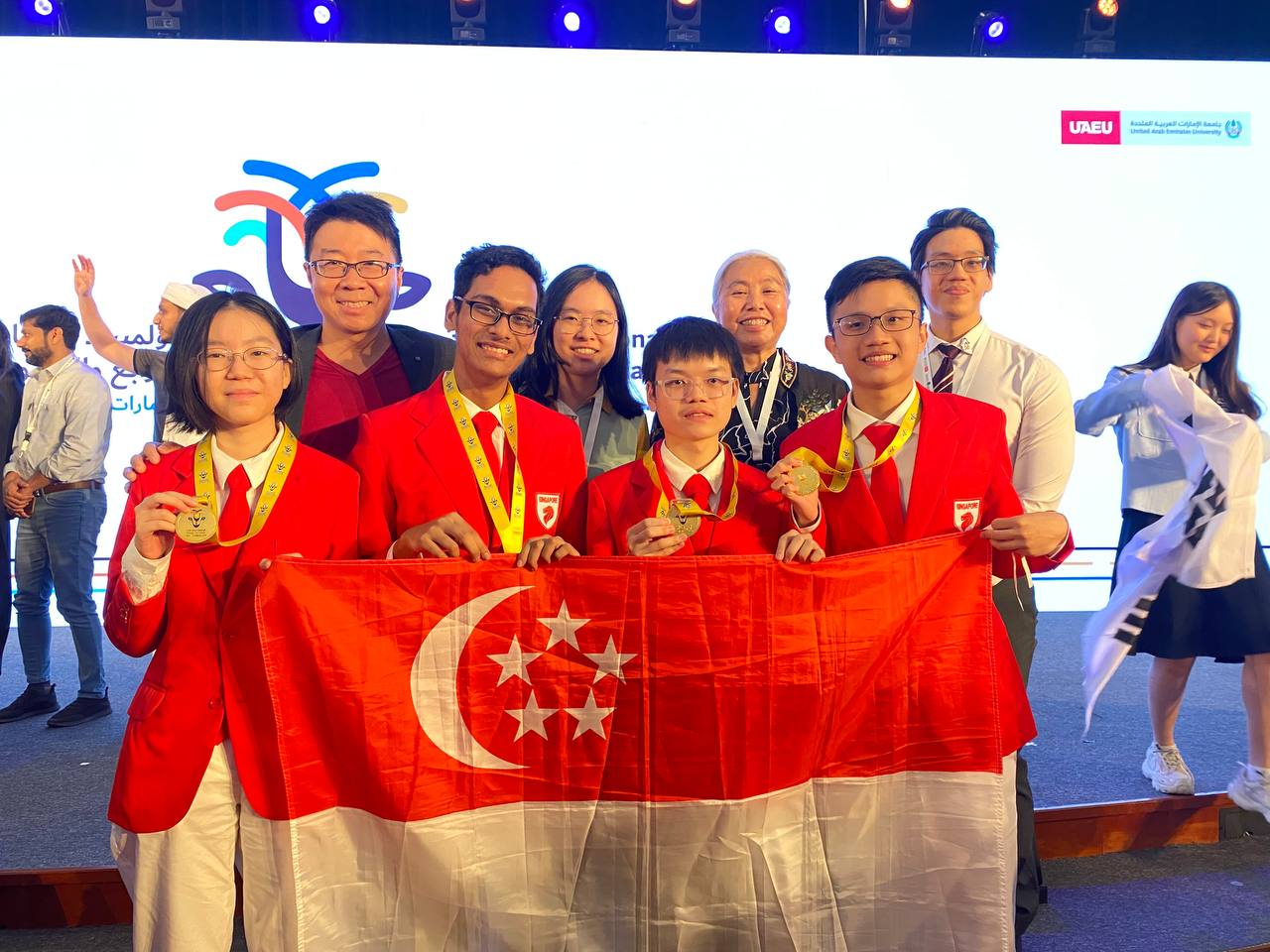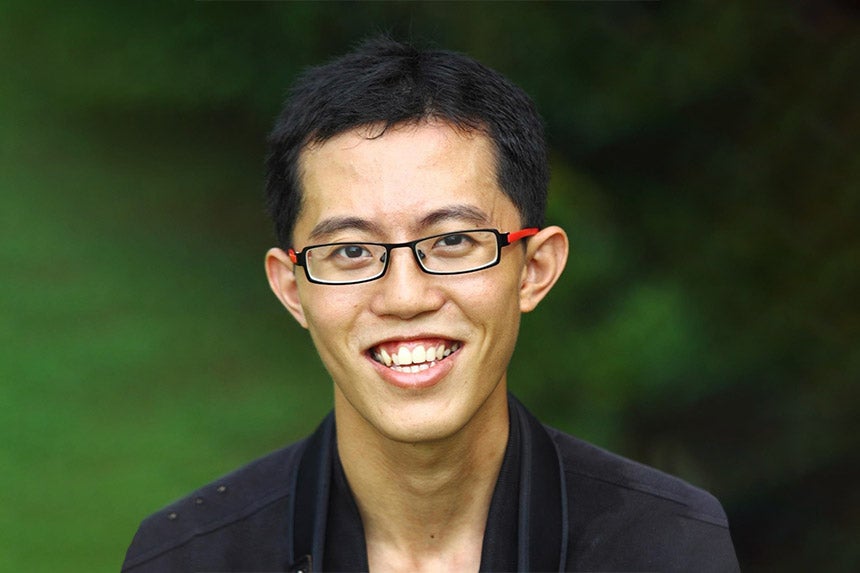
How different plants and animals coexist
Two main theories exist on the coexistence of plants and animals: one states that specific roles or the ‘niche’ of species determine the maximum number of species but that observed numbers may be lower if immigration is low; the other suggests that niches determine the minimum number of species and observed numbers are usually higher because of ongoing immigration. Assoc Prof Ryan CHISHOLM’s team tested these ideas in an intertidal system in Singapore and found evidence supporting the latter theory. Under low immigration, the diversity was at a minimum value of approximately five species; when immigration was high, the diversity greatly exceeded this. The approach can be applied to understand species coexistence in other ecosystems. This study was published in Nature (June 2023).
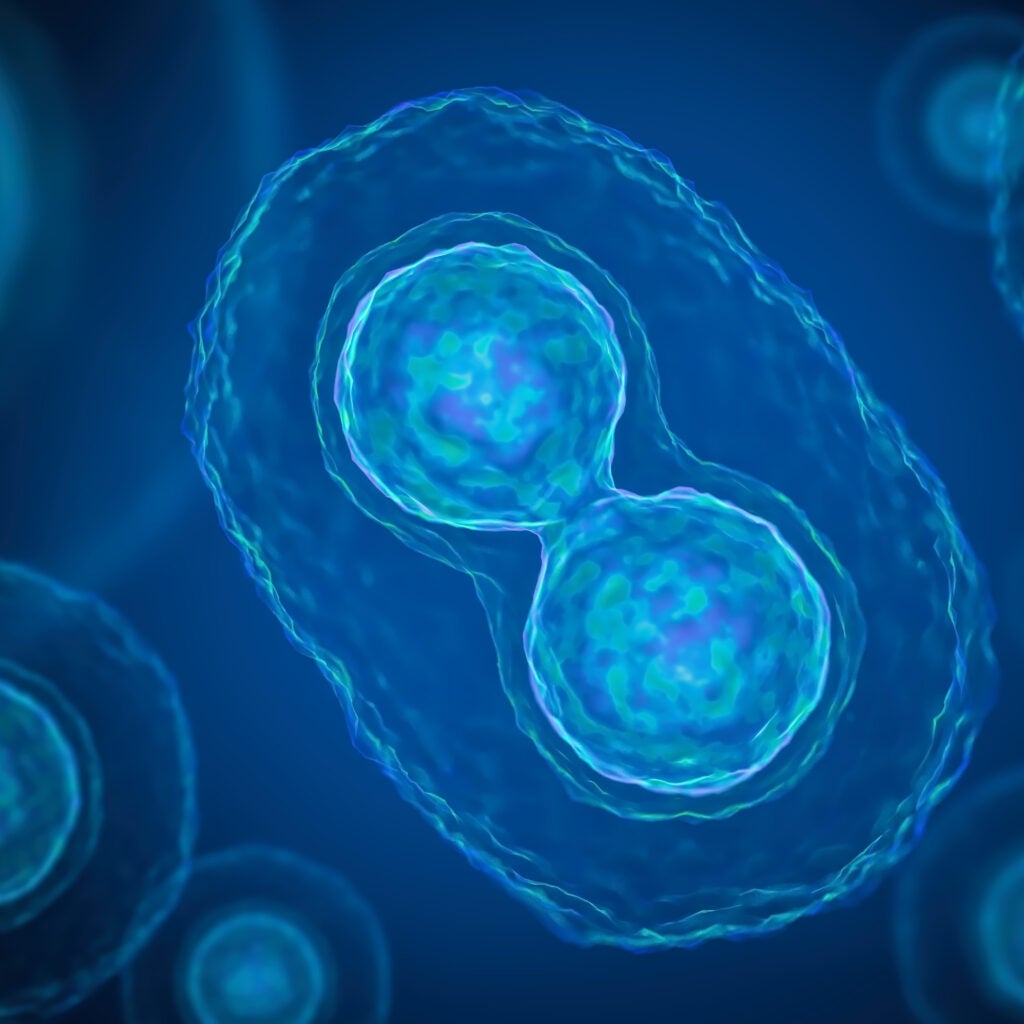
Potential for new antibiotics for cell lysis
Asst Prof LUO Min’s team studied how bacteria divide and the specific molecules involved, focusing on two important players called ‘amidases’ and the ‘FtsEX complex’. This helped them better understand how amidases are activated, which is crucial for bacteria to split and grow. This finding could be important for developing new antibiotics that target bacterial cell lysis, or cellular disruption, to fight bacterial infections. These studies were published in the Proceedings of the National Academy of Sciences (May 2023) and also accepted for publication in Nature Communications (November 2023).


